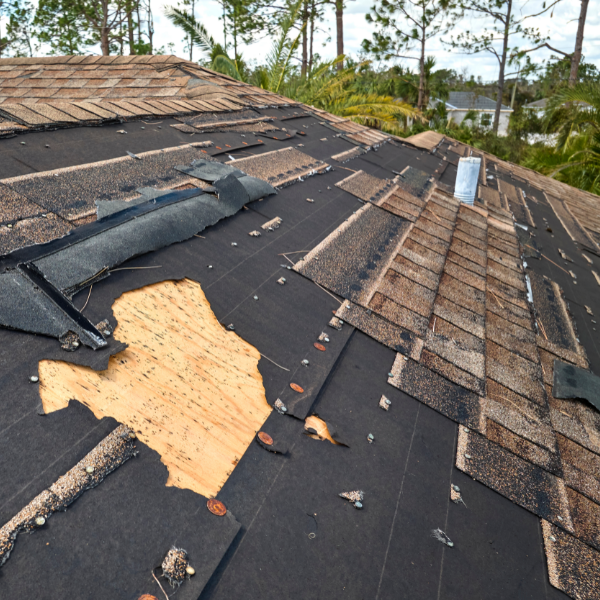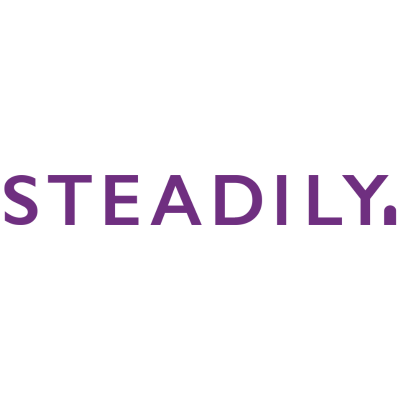Last Updated: February 2024

When investing in rental real estate, a landlord insurance policy provides the financial safety net needed for property owners. These types of rental property insurance policies are tailored specifically for rental situations and address the unique risks that landlords may encounter. From property damage to loss of rental income, landlord insurance policies have the ability to offer comprehensive protection for rental property owners.
What is a Landlord Insurance Policy?
A landlord insurance policy is a type of insurance specifically designed for property owners who rent out one or more units in a single family rental home, multifamily apartment, or condos. It provides coverage for property damage, legal liability, and loss of rental income caused by circumstances covered under the policy. As an integral component of rental real estate insurance, it enables landlords to protect their investments from unexpected events that could otherwise result in significant financial losses.
What is Covered & Not Covered in Landlord Insurance Policy
Understanding the coverage provided by a standard landlord insurance policy is important for property owners who lease their spaces. It helps to identify the risks that are mitigated and those that remain unattended through policy exclusions. The coverages can vary widely based on provider and policy, but certain elements are commonly found across standard policies.
| Typically Covered | Typically Not Covered |
|---|---|
| Physical damage to the property due to perils like fire, wind, or vandalism | Damage from certain natural disasters, such as floods or earthquakes |
| Loss of rental income due to a covered loss | Loss of income due to tenant default on rent |
| Legal liability for injuries or damages occurring on the property | Personal property of the tenant |
| Cost of repairs or replacements due to damage from a covered peril | Wear and tear, or property maintenance related issues |
| Certain legal fees and eviction costs | Damage to property from war or nuclear hazard |
Average Cost of a Landlord Insurance Policy
$2,4171
1Based on 2020 HO-1 Coverage of $300,000 Property with a 25% Premium. Source: National Association of Insurance
We estimate the average cost of a landlord insurance policy to be $2,417 per year. The cost of landlord insurance can vary significantly based on factors such as the property’s location, its condition, the type of coverage you select, and the amount of deductible. However, on average, landlord insurance tends to be 15-25% more expensive than a typical homeowners insurance policy due to the increased risks associated with rental properties.
Landlord Insurance Policy Example

To understand how a landlord insurance policy works, let’s visualize an example where a severe storm causes significant damage to a rental property, rendering it uninhabitable. As the owner, you would file a claim with your insurance company detailing the damages. Upon approval of your claim, your landlord insurance policy would cover the cost of repairing the property. If the repairs take several months, during which you cannot collect rent, your policy’s loss of rental income coverage would also compensate for this income gap.
The #1 Rental Property Newsletter
Once a month, we send out an exclusive Rental Property Market Update with top stories, current mortgage rates, building products, and more. No spam and unsubscribe anytime.

Best Landlord Insurance Providers
Landlord Insurance Policy Frequently Asked Questions
Is a Landlord Insurance Policy Required?
While not legally mandatory in most jurisdictions, a landlord insurance policy is highly recommended for those renting out their property. Without it, you could face significant financial burdens if a covered event damages your property or leads to lost rental income. Additionally (and most importantly), many mortgage companies require property owners to carry some form of insurance if the rental property has a mortgage. Considering the financial protection it offers, investing in a landlord insurance policy is typically a very wise decision for rental property investors.
What is the Difference Between Landlord Insurance vs Homeowners Insurance?
Landlord insurance and homeowners insurance primarily differ in the type of protection they provide. Homeowners insurance typically covers owner-occupied residences and includes personal property coverage. Landlord insurance is designed specifically for properties that are rented out to generate income, which typically includes loss of rental income coverage.
| Aspect | Homeowners Insurance | Landlord Insurance |
|---|---|---|
| Intended use | Owner-occupied properties | Rental properties |
| Personal property coverage | Typically covers the homeowner’s personal belongings in the home | Typically does not cover tenants’ personal belongings |
| Liability protection | Generally included | Generally included |
| Loss of use / Additional living expenses | Covered, if the home becomes uninhabitable due to a covered loss | Typically includes loss of rental income if property becomes uninhabitable due to a covered loss |
| Structure coverage | Included for damage from covered perils | Included for damage from covered perils |
Does Landlord Insurance Cover Damage Caused by Tenants?
Typically no, landlord insurance often covers damage to the property caused by a tenant if it’s due to a covered peril like fire. However, it generally does not cover damage caused by neglect, misuse, or intentional acts by tenants. In such cases, the tenant’s security deposit or their renters insurance (if they have one) may be tapped for compensation.
More Rental Real Estate Insurance
About the Author

Ryan Nelson
I’m an investor, real estate developer, and property manager with hands-on experience in all types of real estate from single family homes up to hundreds of thousands of square feet of commercial real estate. RentalRealEstate is my mission to create the ultimate real estate investor platform for expert resources, reviews and tools. Learn more about my story.
Disclaimer: The information provided on this website does not, and is not intended to, constitute financial advice. As such, all information, content, and materials available on this site are for general informational purposes only. Please review our Editorial Standards for more info.









